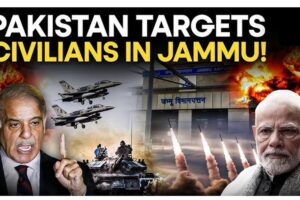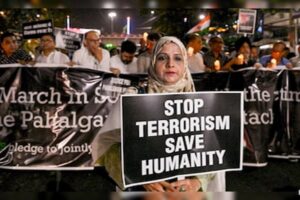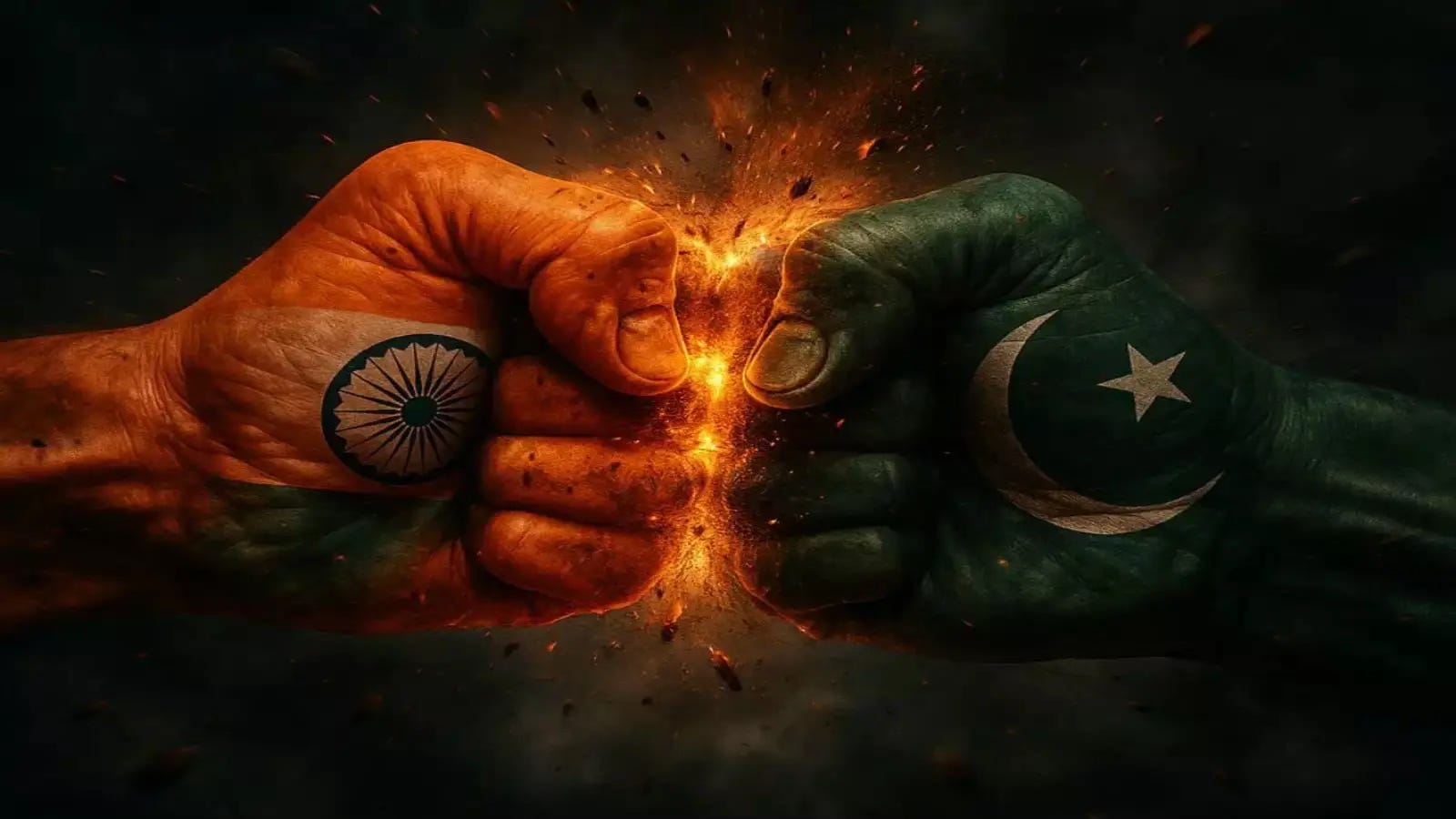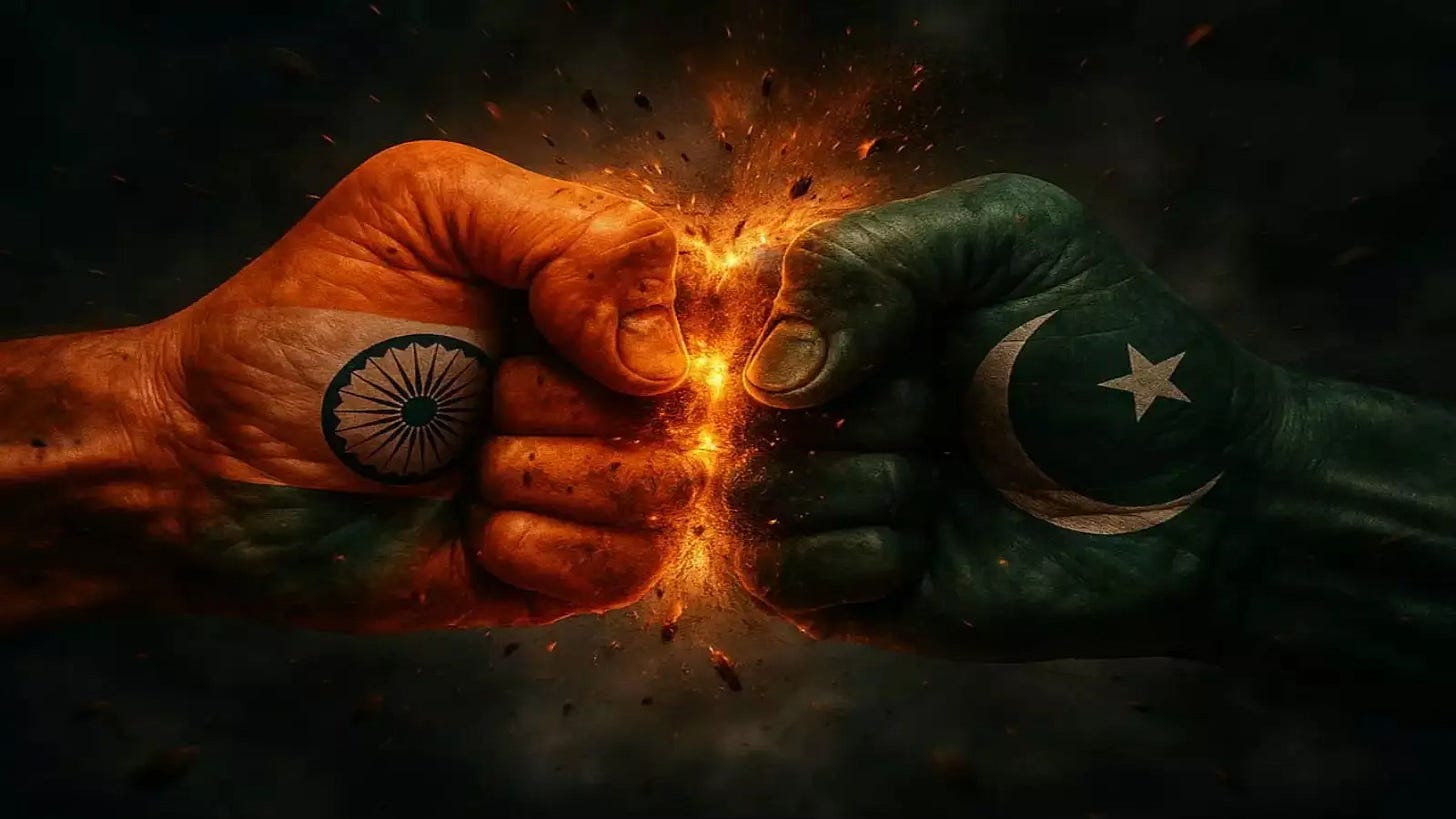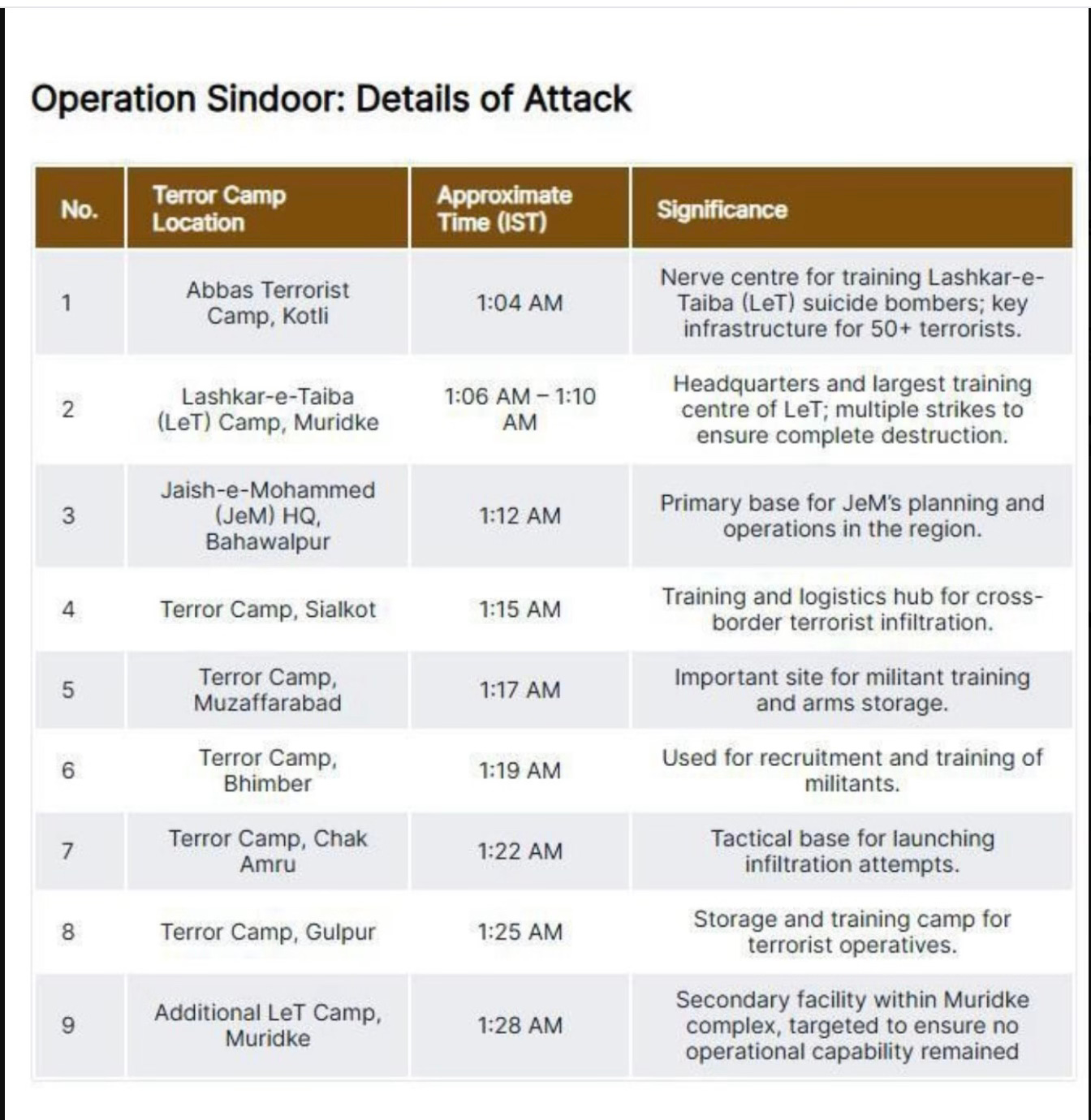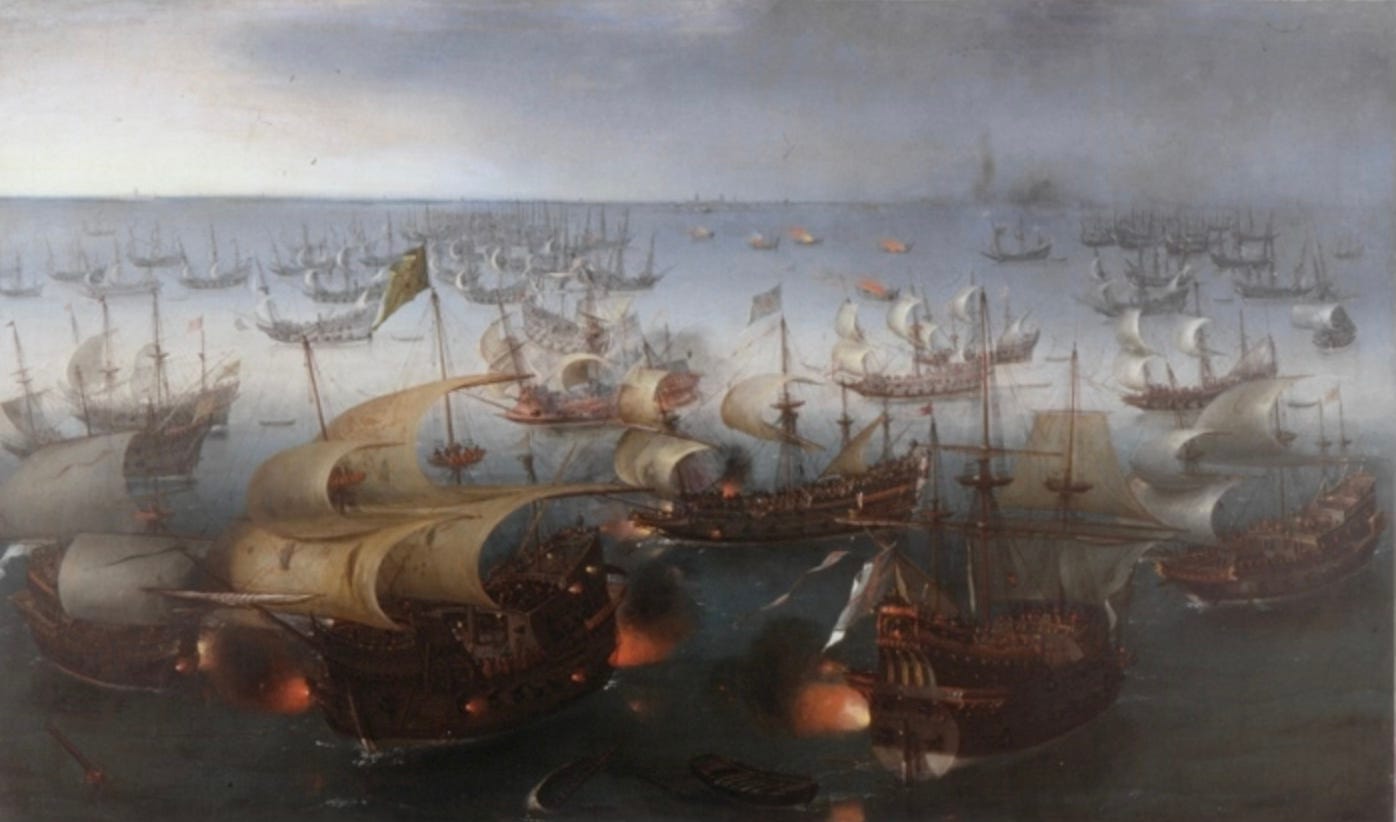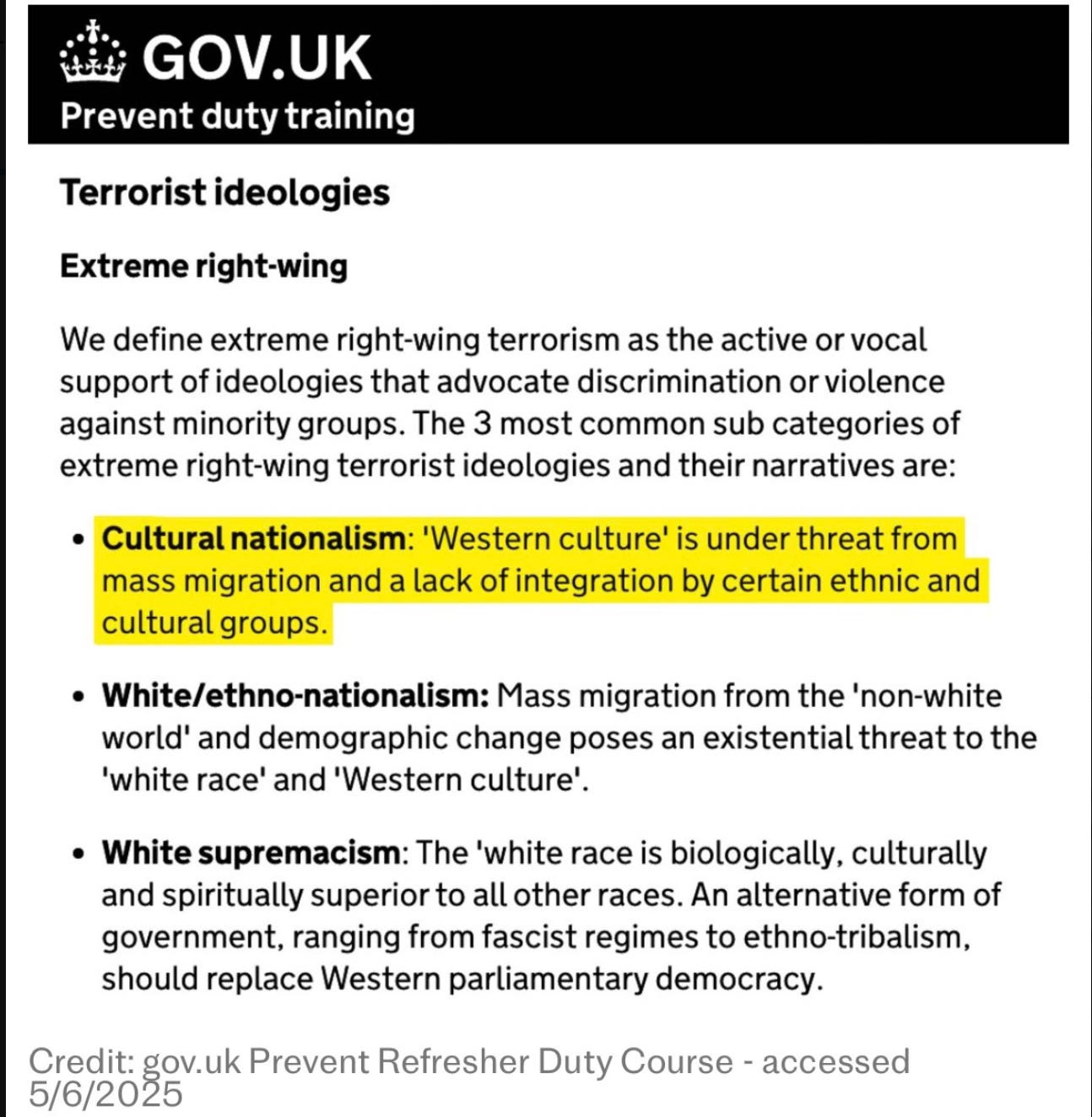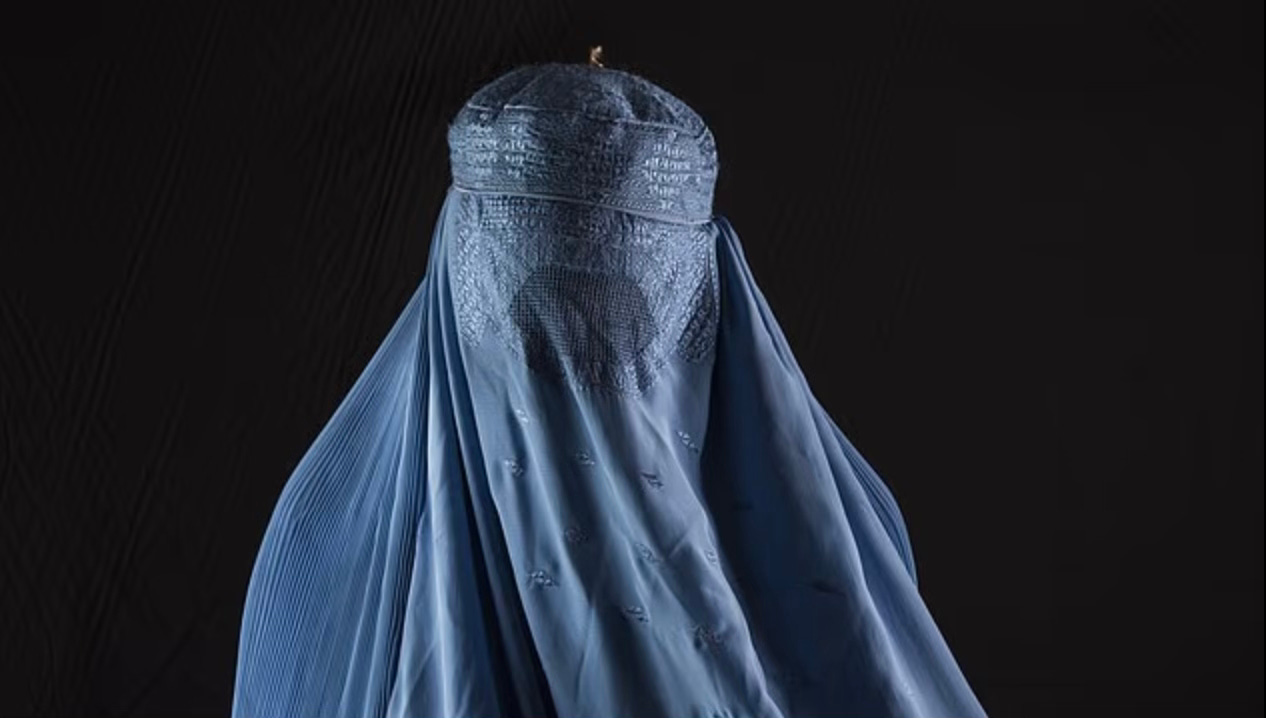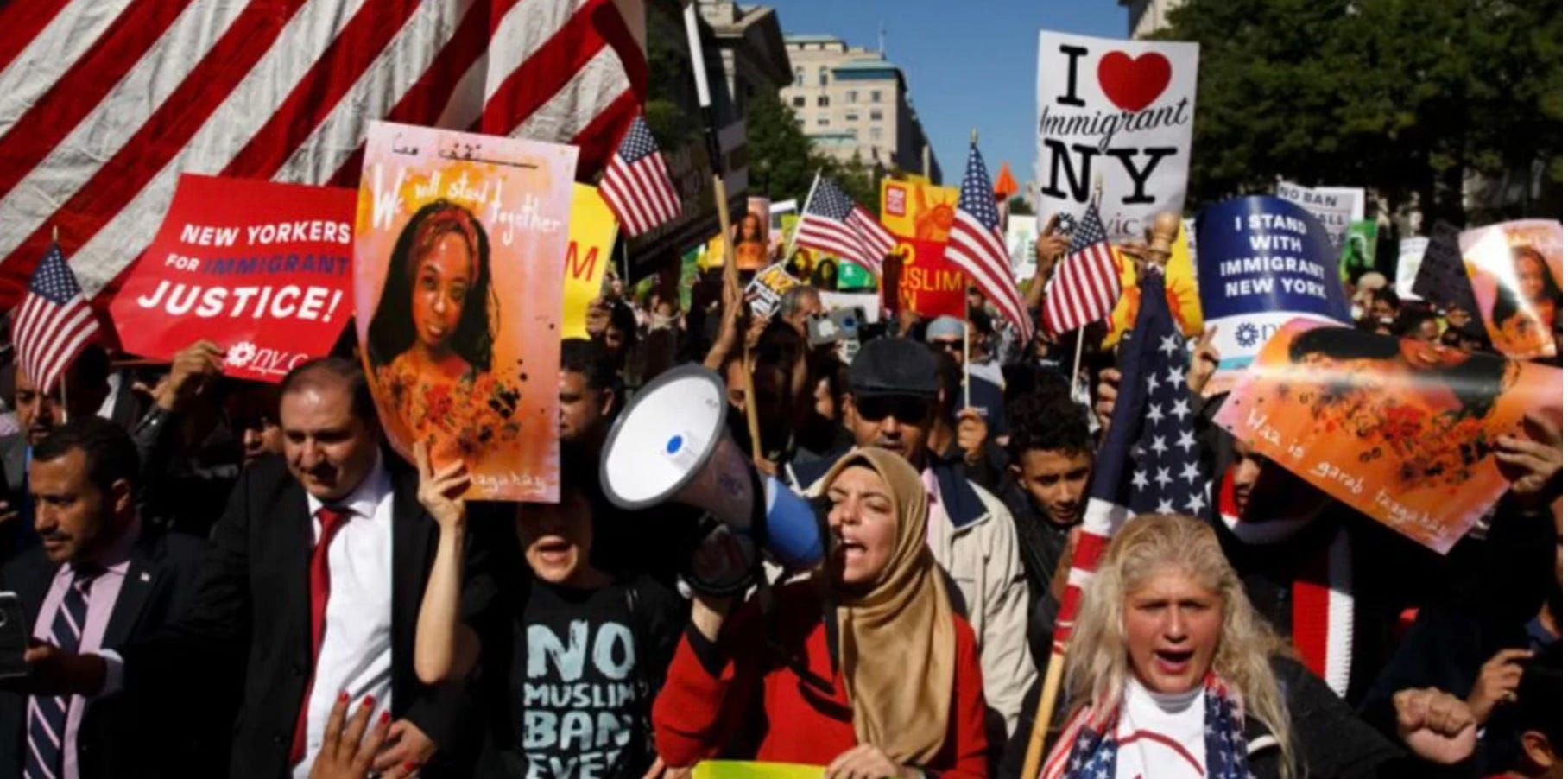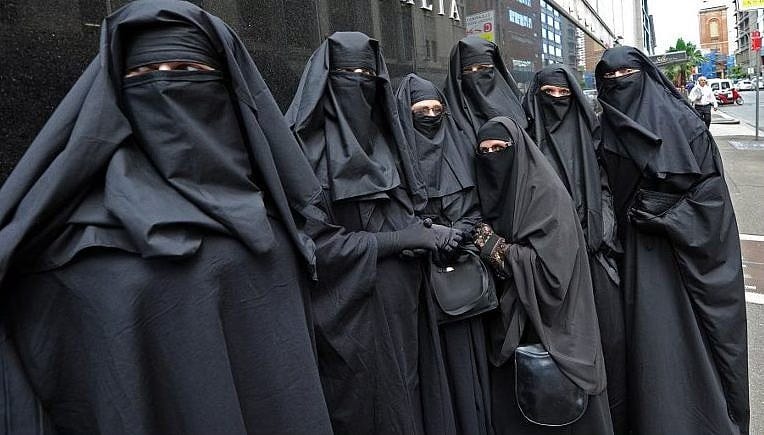David Vance SubstackRead More
I remember giving evidence to a UN committee in Geneva back in 2019 that Pakistan was a failed State and an incubator of terrorism. Katie Hopkins accompanied me on the day and we had a grand time watching crestfallen faces as we both got stuck in! But WHY did I come to this conclusion back then and have subsequent events further proven my claims?
Pakistan’s designation as a failed state stems from its chronic inability to provide security, governance, and economic stability, creating a festering breeding ground for terrorism that has global repercussions. The 2025 escalation with India that we are witnessing, marked by New Delhi’s military strike on Pakistani territory following a deadly terrorist attack in Kashmir, underscores the dire consequences of Pakistan’s systemic failures. India’s actions are fully justified and an overdue response to a neighbour that has repeatedly harboured and supported terrorist networks targeting its sovereignty.
Pakistan’s governance has long been plagued by corruption, political instability, and military dominance for decades. The military, particularly through its Inter-Services Intelligence (ISI) agency, has long been accused of supporting terrorist groups as a tool of state policy. According to a 2008 analysis the Brookings Institution, Pakistan was identified as one of the world’s most active sponsors of terrorism, aiding groups like Lashkar-e-Taiba (LeT) and Jaish-e-Mohammed, both of which have targeted India. The former is accused of the recent massacre in Kashmir.
The ISI’s covert support for these organizations, including training camps documented by FBI satellite imagery, has fuelled insurgencies in Kashmir, a disputed region that has been a flashpoint between the two nations since 1947. The release of LeT leader Zaki-ur-Rehman Lakhvi, allegedly behind the 2008 Mumbai attacks, despite international condemnation, exemplifies Pakistan’s reluctance to dismantle these networks.
Economically, Pakistan teeters on the brink of collapse, with a debt-to-GDP ratio exceeding 70% as of 2024 and a reliance on foreign bailouts from the IMF and allies like China. This economic fragility has exacerbated poverty and unemployment, driving disenfranchised youth toward radicalisation. They fall into terrorism. The Sahel region may be the epicentre of global terrorism deaths but Pakistan’s border regions, particularly in Khyber Pakhtunkhwa and Balochistan, remain fertile ground for groups like the Tehrik-i-Taliban Pakistan. These groups exploit the state’s weak control over its territory, launching attacks not only within Pakistan but also across borders, as seen in last months Kashmir attack that killed over two dozen civilians.
Pakistan’s utter failure to curb terrorism has drawn international anger. The U.S. State Department, under the first Trump administration, terminated military aid to Pakistan for its inability to address terrorist networks operating on its soil, a policy that continued into 2025. .
India’s strike on Punjab in May 2025 marked a significant escalation beyond the usual skirmishes in Pakistan-administered Kashmir. New Delhi justified the attack as a “measured and responsible” act of self-defense after gathering evidence of Pakistan-based terrorists’ involvement in the Kashmir attack. Here are the targets!
Indian officials, have sought to build a case at the U.N., emphasising their adherence to international law. The strike targeted terrorist infrastructure, aiming to deter further aggression while avoiding broader escalation between the two nuclear-armed states. Given Pakistan’s history of supporting groups that have caused thousands of deaths in the region, India’s actions align with the principle of preemptive self-defense under Article 51 of the U.N. Charter.
The usual critics argue that India’s strike risks further destabilising the region, but Pakistan’s failure to govern effectively and dismantle terrorist networks leaves India with few options. The Indus Waters Treaty dispute, escalated by Pakistan in 2025, reflects broader tensions, but it is Pakistan’s incubation of terrorism that remains the core issue. Until Pakistan addresses its internal failures, India’s military responses appear as a necessary measure to protect its citizens from a neighbour that has become a global pariah in the fight against terrorism.
***I put out at least three articles a day. If you enjoy all this can I ask you to consider to becoming a PAID subscriber, it’s only £5 a month, you can cancel if you don’t enjoy it but I know you will. I want to thank the kind people who already do this, without your help this becomes impossible. Thank you in anticipation of your support***





